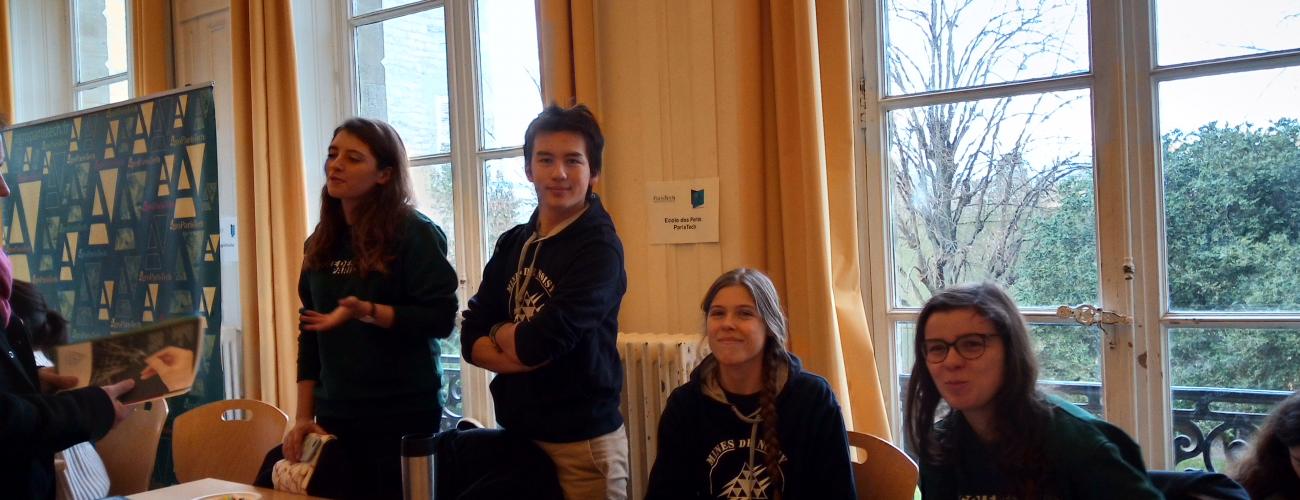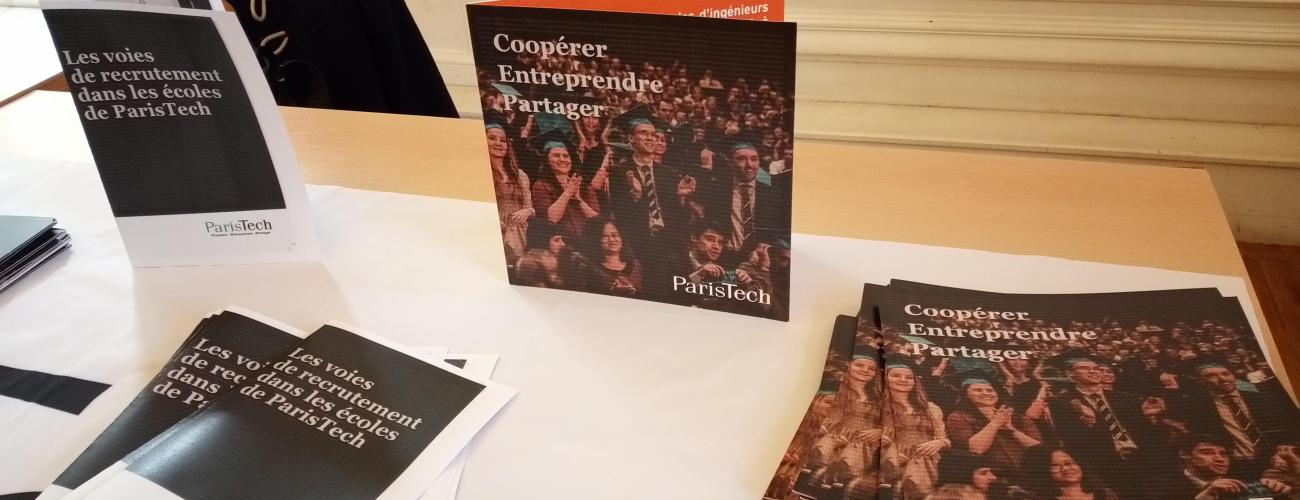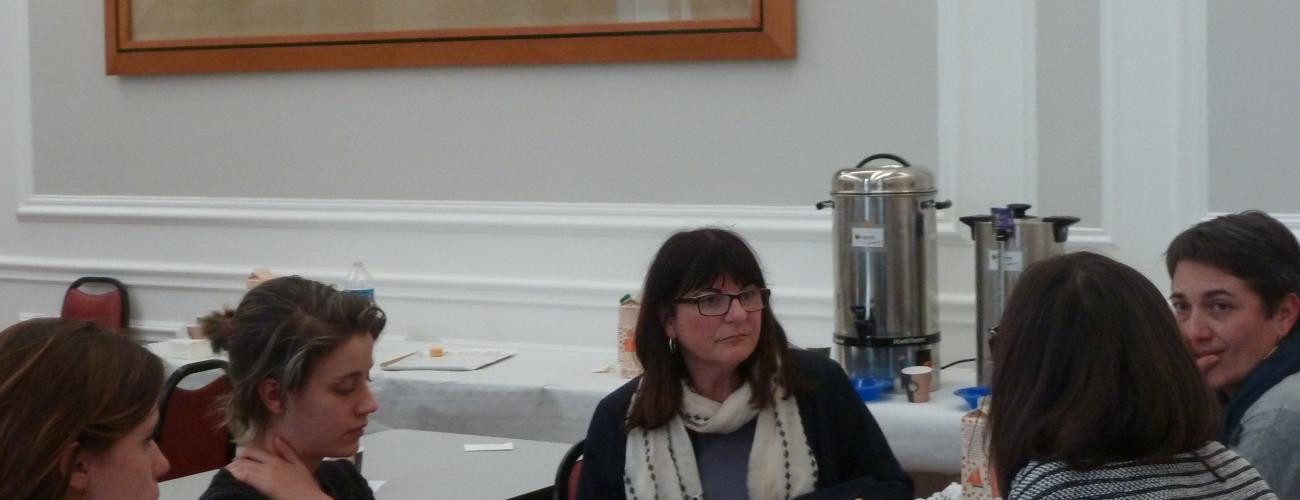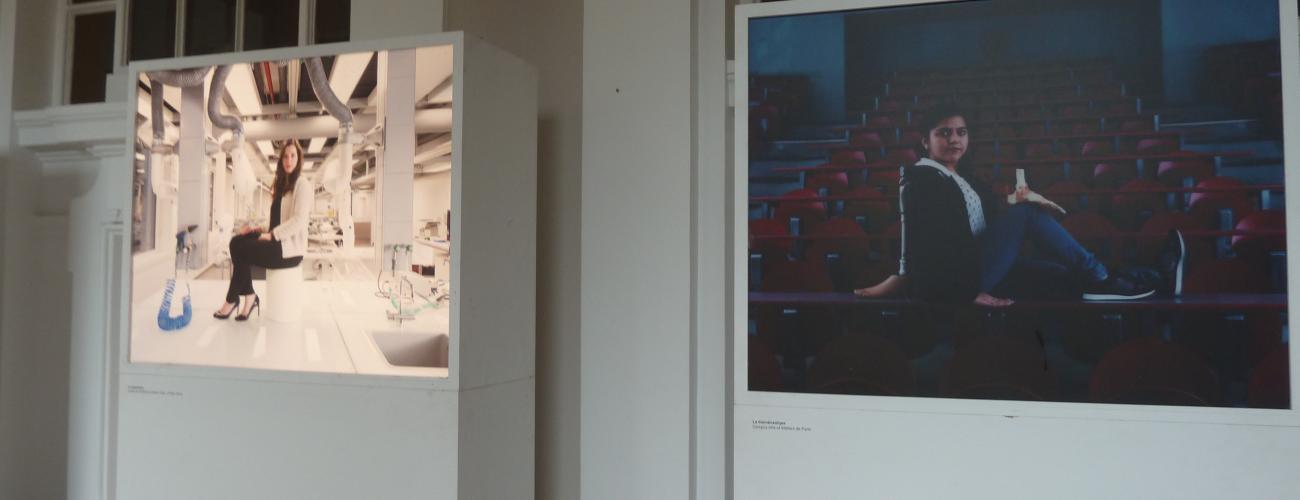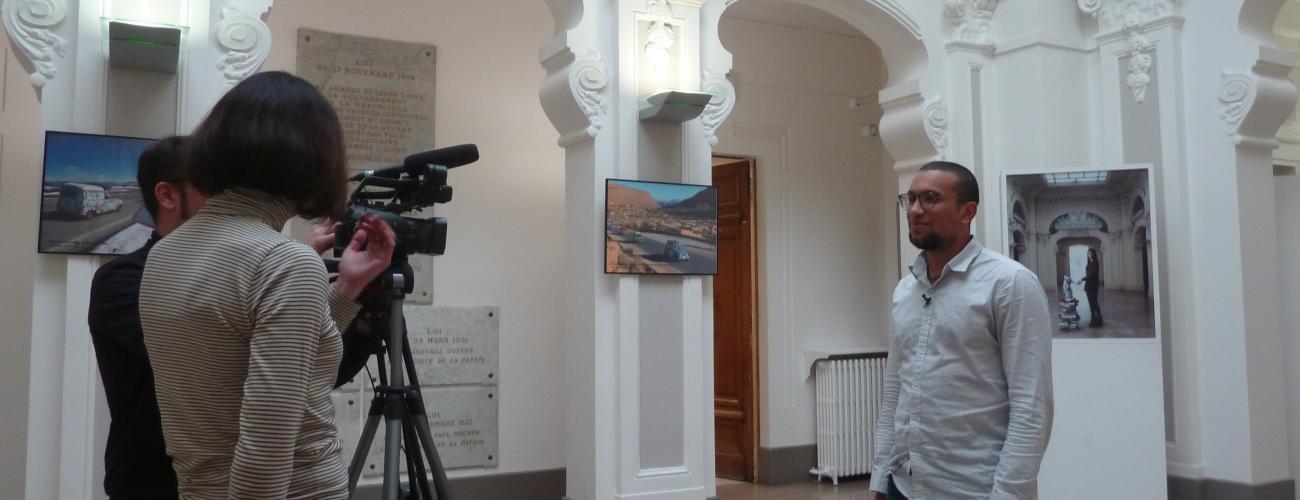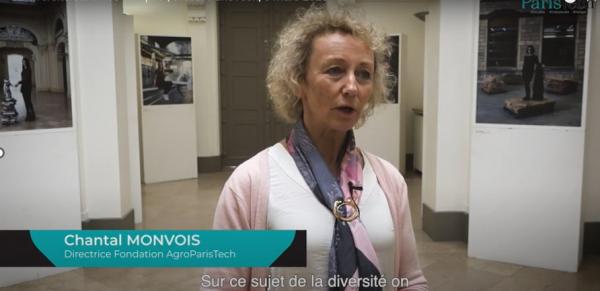Diversity in the Grandes Écoles
The ParisTech schools champion diversity on many levels. Each school is committed to diversifying its student body, establishing an inclusive community, and introducing students to the concept of diversity management in a corporate setting.
In line with these goals, the ParisTech schools have defined actions to address diversity in four key areas:
- Gender and sexuality diversity, with a particular focus on gender equality. Here, it is important to remember that although gender equality is often measured by looking at the proportion of female students within a student population, an improvement in this statistic alone does not mean that inequality has been eradicated – gender equality goes beyond gender parity. And of course no two schools in the ParisTech network are exactly the same, with the proportion of female students ranging from 18% to 60%. It is therefore only natural that each school defines actions relevant to its specific context. You can read more about gender equality in the schools here.
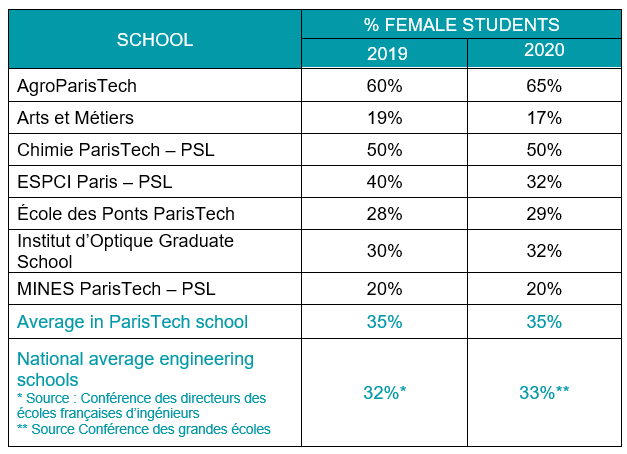
- Disability diversity, both physical and mental. To support students with physical disabilities, the ParisTech schools are able to make special arrangements based on the needs of each individual. The schools are also very aware of the need to support students with mental health conditions and developmental disorders – conditions which are often less visible and less readily talked about, but which can nonetheless have a significant impact on a student’s academic performance. To address this, the schools are stepping up their efforts to raise awareness among staff and students and have set up a number of dedicated support and advice services.
- International and cultural diversity. Thanks to the schools’ international partnerships and recruitment efforts, international students account for a significant proportion of the student population across the network (30% on average). International and cultural diversity is thus one of the strengths of the ParisTech schools. However, the opportunities that this opens up in terms of international and intercultural understanding are not always immediately apparent to students, whether from France or elsewhere. The ParisTech schools are therefore keen to diversify their teaching and learning methods to highlight the richness of their student communities – all the more so given that career paths are becoming increasingly international. More information about help desk for international students.
- Social diversity. The ParisTech schools are committed to educational excellence and to attracting as wide a range of students as possible. Thus, students on means-tested bursaries account for 18% to 39% of the student population at the different schools, and alternative entry routes have been established (e.g. students who have completed 2-3 years’ university-level study can apply to transfer to the schools). The schools also head up a number of partnerships as part of the national “Cordées de la réussite” initiative, which connects French higher education institutions with secondary schools and colleges to make higher education more accessible to students from disadvantaged backgrounds. Through these partnerships, the ParisTech schools talk to pupils about studies and careers in STEM (science, technology, engineering and mathematics), provide academic tutoring, encourage pupils to aim higher and develop a broader cultural outlook, and work to deconstruct preconceptions, stereotypes and perceived barriers to higher education. You can find out more about the “Cordées de la réussite” scheme here.

Actions to address the four types of diversity
While the types of diversity listed above can be considered distinct categories, they of course overlap with one another and must be tackled as a whole. The ParisTech schools have therefore created a matrix which defines four types of action (listen, evaluate, inform and train), each of which can be applied to each type of diversity.
Click on the image below to see the full set of matrices
“Diversity across our campuses” workshop
On 6th March 2020, the Teaching Commission and the Diversity Commission held a workshop entitled “Diversity across our campuses”. The event was attended by students, administrative staff and teaching staff and addressed two key questions: What can be done to ensure student well-being? And how can the schools best equip their students to manage diversity and inclusion in the workplace? Participants engaged in a round-table discussion and then worked in small groups to come up with ideas for actions relevant to the four types of diversity identified (gender, disability, international/cultural, social). The suggestions were then incorporated in the diversity action plans drawn up by the schools. You can watch a recording of the workshop here (in French only).

